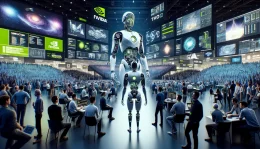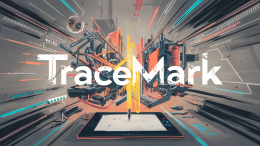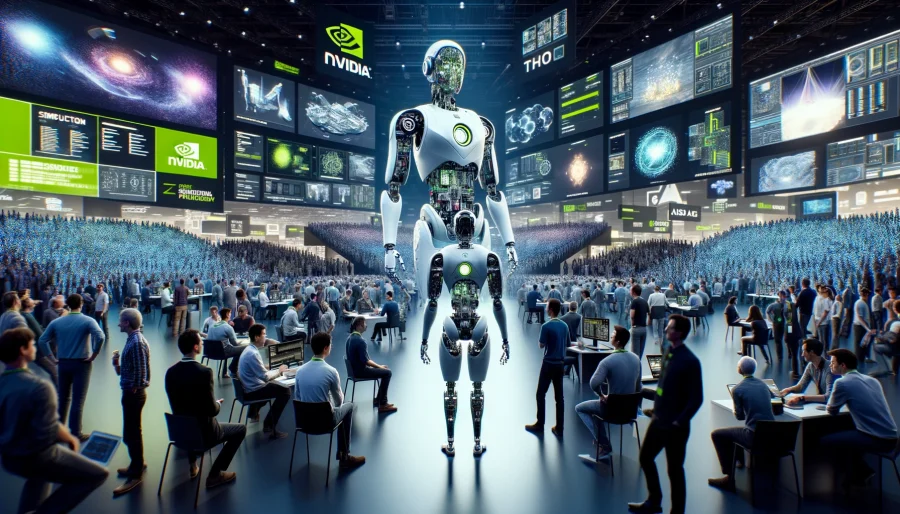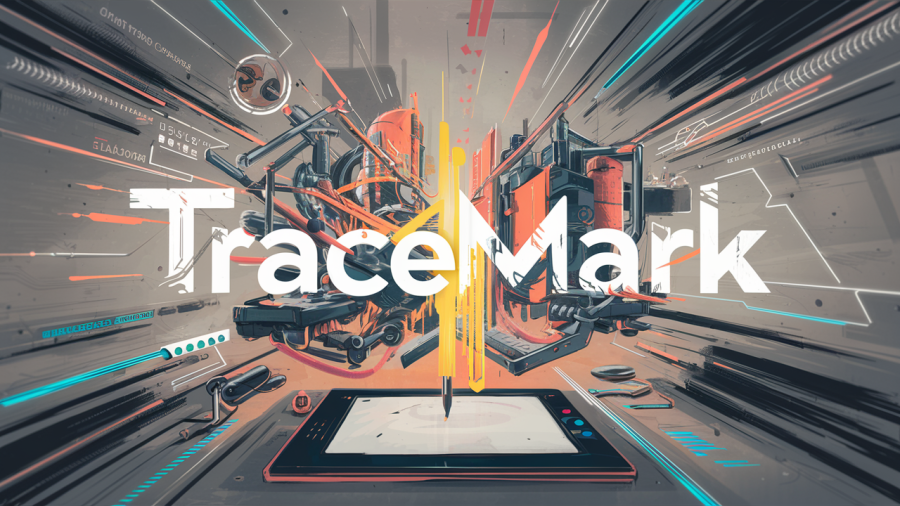The rate at which our technology is progressing is astounding, with no signs of slowing. While it’s easy to get bogged down by news of the “next big thing,” don’t get complacent. Technology continues to advance and drive business innovation.
DevOps Will Dominate Development Discussions
The need for greater data security, infrastructure scalability, and remote and regional enterprise access will continue to drive the adoption of cloud services. Migration to the cloud saves money and makes it easier to embrace the newest technologies. The notion of locally hosting business applications and computing resources is obsolete. More and more organizations rely on cloud services to run their technology.
This dependency will only grow with additional cloud-based tools, such as artificial intelligence (AI) (more on that later) and machine learning (ML). Cloud is no longer an option but rather a matter of staying relevant and competitive.
While cloud technology is extremely powerful, it is also highly complex. It requires engineers with specific skill sets and specialized tools to use effectively. DevOps engineers fill in this critical gap.
DevOps is a shift in the traditional development mindset, integrating the work and processes of development and operations teams.
From the developers’ side, this leads to CI/CD (continuous integration and continuous delivery) replacing the standard development processes.
For the business’ side, this means; faster delivery, higher security, and greater scalability.
Expect to See Virtual Reality Driving Immersive Tech in the Workplace
While both virtual and augmented reality are exciting, VR will outshine AR in the workplace, at least for now. Virtual reality has led the tide with affordable devices like the Meta Quest 2. Innovative companies have already begun experimenting with ways to apply this technology, laying the foundation for future applications.
Training and demonstrations are some of the more popular applications. Studies on the effectiveness of VR for retention highlight its power and value. Expect VR usage to continue to grow through 2023 and VR training simulations to become more commonplace.
Augmented reality will lag behind VR in terms of business adoption, mostly due to hardware limitations. Current hardware, like the Hololens, is cost prohibitive for mass adoption. Until a lightweight and affordable headset comes to market, AR will be limited to phone use. Most AR applications will continue to revolve around brand experiences, retail, and entertainment.
Software Code Maintenance will Become More Critical as Code Ages
Just as technology evolves, so do technology platforms. Programming and scripting languages fall out of favor. For example, PHP is a versatile and open-source language, but Python is eclipsing PHP as a better programming language. Aging software will have to be updated or completely rewritten. Framework upgrades also will need to be upgraded and tested more frequently.
Any reliable software product will need more updates to stay relevant and to keep the underlying infrastructure supportable and maintainable.
The most talented developers tend to embrace the latest and most powerful software frameworks. As a result, finding developers proficient in aging programming languages will become more challenging. Maintaining aging applications and frameworks will be more difficult and expensive.
Artificial Intelligence is Here (For Better Or Worse)
As seen with the recent explosion of ChatGTP and Lensa, artificial intelligence is progressing rapidly. These learning models will continue to evolve exponentially, bringing both solutions and new challenges.
AI can improve developer efficiency by automating the addition of comments into code, allowing the developer to focus on the code itself rather than descriptions. Some testing can also be automated, as AI can recognize errors far faster than the human eye. These efficiencies in coding will give developers the flexibility to focus on more strategic or complex issues.
On the flip side, there’s little to no regulation on AI – from how it’s trained to how it’s used. From copyright to plagiarism to misinformation, the potential problems pile up. Industries across the spectrum will feel the disruption in ways we can only begin to guess. The true impacts of AI will roll out over the next several decades.
Customer Experience will Play a More Significant Role in Driving New Applications
Many new software applications must shift to focus on the customer experience. Today’s consumers have come to expect frictionless online transactions, and the Amazon e-commerce model has become the benchmark. Consumers can find what they want, order it, and expect next-day delivery.
Customers expect better service and greater transparency. The only way to meet those expectations is with technology. To remain competitive, businesses must provide better self-service and transparency. Some of this can be achieved through customer-facing interfaces and applications, while others may require tighter integration to automate back-end business processes and workflows.
Smart organizations are already bracing for 2023 by mapping out digital transformation strategies, including cloud migration, application upgrades, and new software development projects. These companies are seeking out the best available resources, engaging enterprise application experts on a per-project basis to create new solutions to improve customer experience and optimize operations.
Staying ahead of the competition and staying relevant will require new approaches to technology in the coming year. Finding the right resources and engaging the best software team available will provide a company foundation for business success in 2023 and beyond.
Featured Image: Provided by the Author; Sean Pollock; Unsplash; Thank you!










